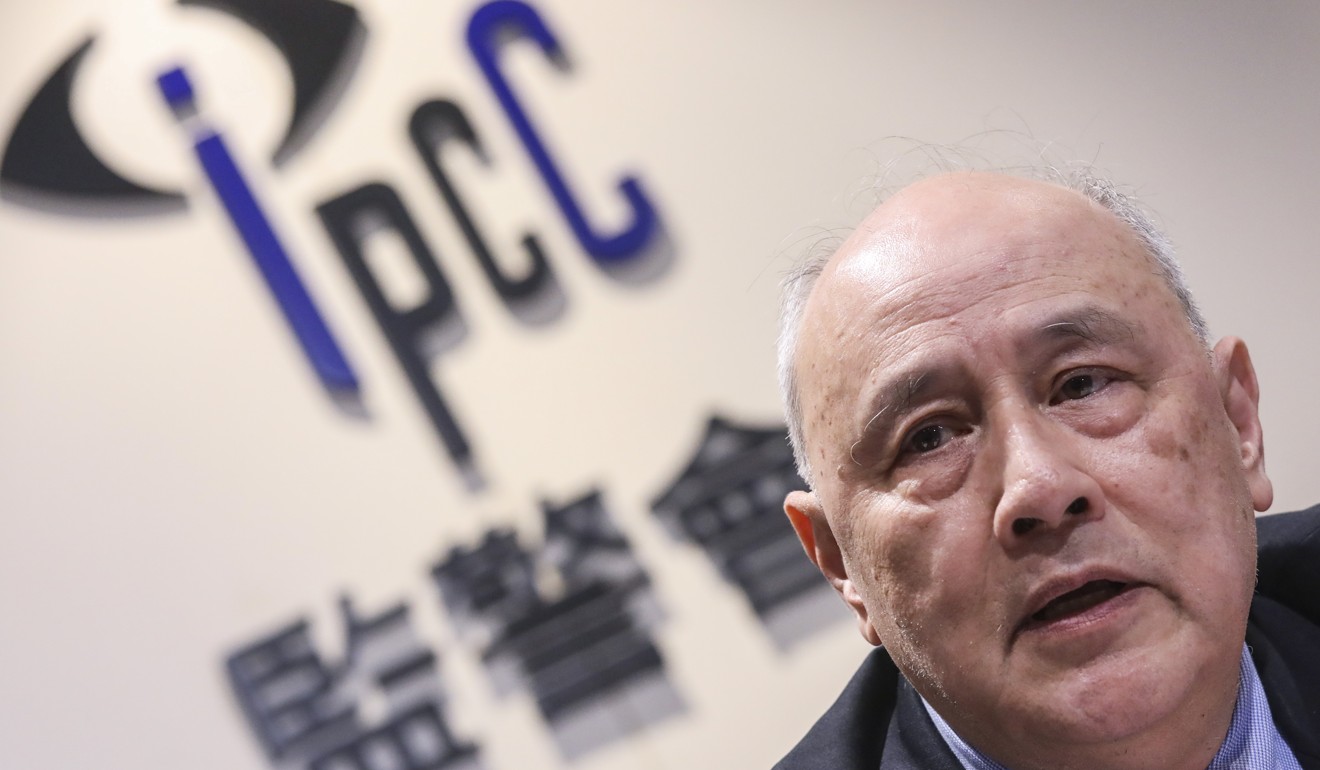
IPCC report on police conduct during Hong Kong protests expected by year’s end at earliest: Chief Secretary Matthew Cheung
- Matthew Cheung says police watchdog is the most suitable body to conduct a probe
- It will also look into the attack at Yuen Long MTR station in July
Chief Secretary Matthew Cheung Kin-chung insisted on a radio programme on Friday that the Independent Police Complaints Council (IPCC) was the right body to conduct the investigation, despite repeated public demands for a wider commission of inquiry (COI).
“The IPCC would look into the whole saga, including July 21. They are doing [a] very good one at the moment, [in] full swing,” Cheung said, referring to the day when a mob of white-clad men attacked people with sticks and iron rods in Yuen Long station. Police were accused of arriving late at the scene, prompting some to suggest they had acted in collusion with the attackers, a charge officers had denied.
“[The IPCC] would come up with an initial report hopefully by the end of the year, or early next year,” he said.

But the setting up of an independent COI remained the demand of many people, including some listeners who called in during the radio programme, which was a phone-in session tied to Chief Executive Carrie Lam Cheng Yuet-ngor’s policy address on Wednesday.
“The IPCC is not adequate. They only deal with individual complaints against police, not wider policy issues,” said one listener.
Let the IPCC do its job of evaluating police conduct during the protests before taking the next step, an independent inquiry included
Another listener pointed out that an investigation was needed to look into both the alleged police brutality, as well as the government’s handling of the crisis sparked by the now-withdrawn extradition bill.
The bill, which would have allowed criminal fugitives to be transferred to mainland China or jurisdictions the city had no agreements with, triggered citywide protests and opposition to the bill had morphed into violence on the streets, MTR stations, as well as shops and restaurants with mainland China links.

While not rejecting a COI, Cheung only said the IPCC was suitable to address the public’s concerns.
“The IPCC provides a ready established and independent mechanism for the task … look at police performance, if the [public] target is primarily the police, then the IPCC is absolutely tailor-made [for it],” he said.
“If the focus is not strictly on police performance, then it’s a different story,” Cheung said.
Asked if the government would invite Chris Patten, the city’s last governor under British colonial rule who had experience in handling complex situations, to join the IPCC, Cheung said it would be “entirely up to the commission to invite experts”.
“They already got a pretty credible international panel,” he said.
Hong Kong protests: if the government won’t agree to police conduct inquiry, the people can go it alone
The IPCC last month announced the setting up of a panel of overseas experts, comprising five people from countries including Britain, Australia and Canada.
In an earlier interview with the Post, IPCC chairman Anthony Neoh SC said the government should not rule out convening an independent COI.
Asked if the government would consider restructuring the police, Cheung said it was not something on the top of the agenda now.
“Let’s not debate on something theoretical and academic at the moment.”

